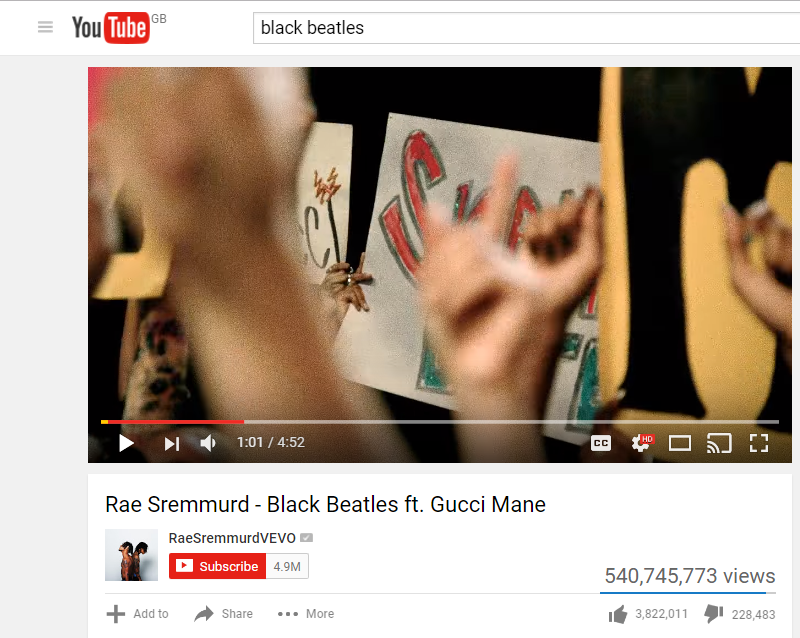

I can imagine hearing the Beatles’ version in the Bag O’ Nails club in Soho. It’s a potent reminder to music makers of a scientific fact: no record was ever made worse by the inclusion of vibraphone.

He recorded this souped-up take on The Word on his 1968 album Viva Soul, released on Atlantic, with an arrangement by the Latin jazz trumpeter Marty Sheller, best known for his hits with Mongo Santamaria. And it’s impossible to write about his version, really, without using the word “groovy”. New York vibraphonist and bandleader Harvey Averne focused not on the words, but on The Word’s inherent grooviness. The Word was not perhaps a stand-out track, but is an early iteration of the message John Lennon would expand upon in All You Need Is Love. Their second album of the year, Rubber Soul, was a game-changing collection in terms of its songwriting, arrangements and sound palette. You want prolific? In 1965, the Beatles made two albums and a No 1 single that didn’t appear on either, and a feature film, and toured the world.

Photograph: David Redfern/Redferns/Getty 3 The Harvey Averne Dozen – The Word Wonder has performed it at several Beatles-related events, most recently at an event to mark the 50th anniversary of the Beatles’ appearance on The Ed Sullivan Show, and even at the White House in 2010 in front of Barack Obama and Paul McCartney. It’s got everything we associate with the boy Wonder’s best material – hook after hook, a funky clavichord, a harmonica solo. There’s a gleeful disrespect shown to the original – Wonder’s saying, I’m not “Little” Stevie any more (it was 1970, he was 20) and he’s moving pop music on. Like Otis Redding’s crazed demolition of Day Tripper (the original of which appeared as a double-A side with We Can Work It Out), Wonder’s classy reading shows the indestructibility and inherent joy of the Beatles’ songs.

There were time-signature changes and interesting instrumentation in the form of a harmonium, presaging the experimentations of Revolver. The Beatles’ 1965 original was a classic Lennon-McCartney two hander: McCartney wrote the diplomatic upbeat verses and chorus, Lennon the more forthright, spiky bridges. In 1969, the Beatles would themselves laugh at how far they’d come since Please Please Me in 1963, parodying the sleeve of their debut album by posing on the stairwell of EMI’s London headquarters. The Score do the same – it’s just more rock. Please Please Me’s descending riff, played by John Lennon on harmonica on the Beatles’ record, was replaced with George Harrison’s chiming guitar figure when the band played the song live. It was as if the Score were winking at their audience, saying: music sounded like that then – just three years earlier! – but this is what it sounds like now. And it’s a knowing cover of the song that had broken the Fab Four in Britain. The Score’s version of Please Please Me – a centrepiece of the Manchester-based band’s live set – is a powerful deconstruction of 1966 pop that directly references the Rolling Stones’ (I Can’t Get No) Satisfaction and the Yardbirds’ Shapes of Things.
#BLACK BEATLES COVER WILL MOD#
One strain of British music of the mid-60s, the link between mod and psychedelia, has become known as “freakbeat”: a melee of hard, driving rhythm, crashing power chords, guitar feedback and overwrought vocals that approximated the soulful stylings of Eric Burdon or Steve Marriott.


 0 kommentar(er)
0 kommentar(er)
